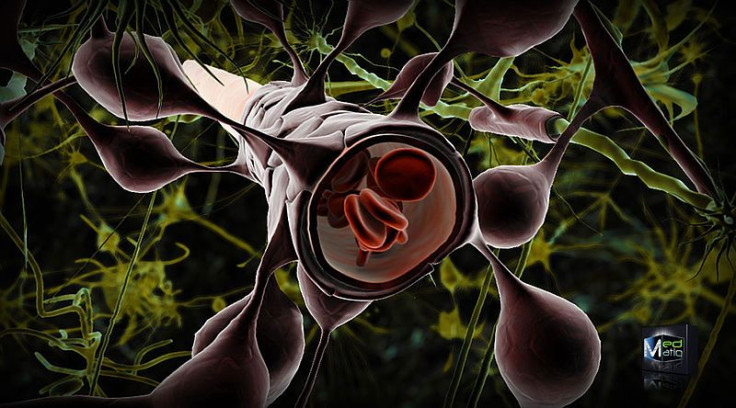ArmaGen Drug To Treat Rare Brain Disease Receives FDA ‘Orphan Drug’ Status: First Successful Attempt To Get Large Drugs To Brain

One of the major issues with targeting diseases, such as Alzheimer's, Parkinson's and other brain-based disorders, is the blood brain barrier. Only very small molecules and drugs can pass through this impenetrable barrier, which otherwise protects the brain from infection. Now, a small biotechnology company, ArmaGen, has figured out how to get large drugs like antibodies into the brain without damaging the precious and sensitive barrier and without requiring surgery.
The company's first and furthest developed drug, code named AGT-182, targets a rare disease called mucopolysaccharidosis type II (also known as Hunter syndrome or MPS II). The disease is a liposomal storage disease, in a similar vein as Tay-Sachs disease. The disease is caused by a deficient or absent enzyme, iduronate-2-sulfatase. It is life-threatening and can start affecting children as early as two years of age.
The new drug is an antibody that binds to a specific insulin receptor found on the surface of cells of the blood brain barrier. This antibody also has the missing enzyme at the other end, and when it binds to the receptors on the cells of the blood brain barrier, it is taken into the brain.
Animal trials have shown that this drug can be effectively brought into the brain through the blood brain barrier, even if they are large proteins. This is a revolution in the ability to treat brain disorders and target diseases of the brain, such as Alzheimer's disease, which has seen many failures in clinical trials because antibody-based treatments cannot effectively enter the brain.
"We are very pleased to receive FDA orphan drug designation for AGT-182. This designation is an important strategic milestone in the development of our program," said James Callaway, Ph.D., Chief Executive Officer of ArmaGen, in a statement. "It represents a transformational moment in the Company's evolution as we prepare for the IND and transition from a research-stage to a clinical-stage organization."
Orphan drug status from the Food and Drug Administration (FDA) is usually granted to medications that target rare diseases for which there are no current treatments. The designation gives ArmaGen the ability to have accelerated clinical trials and tax breaks, and extend exclusivity of its drug on the market.
"Through the development of AGT-182, ARMAGEN hopes to address the significant unmet medical need for patients who suffer CNS impairment as a result of Hunter syndrome," said ArmaGen founder William Pardridge, M.D. "In addition, the Company will continue applying our BBB-penetrating approach to other compounds internally as well as through external collaborations with pharmaceutical partners."
The company currently has drugs in development for Alzheimer's, stroke, Hurler's, and Parkinson's disease. Clinical trials are expected to begin within the next two years with the company filing an investigational new drug application with the FDA in 2014.
Published by Medicaldaily.com



























